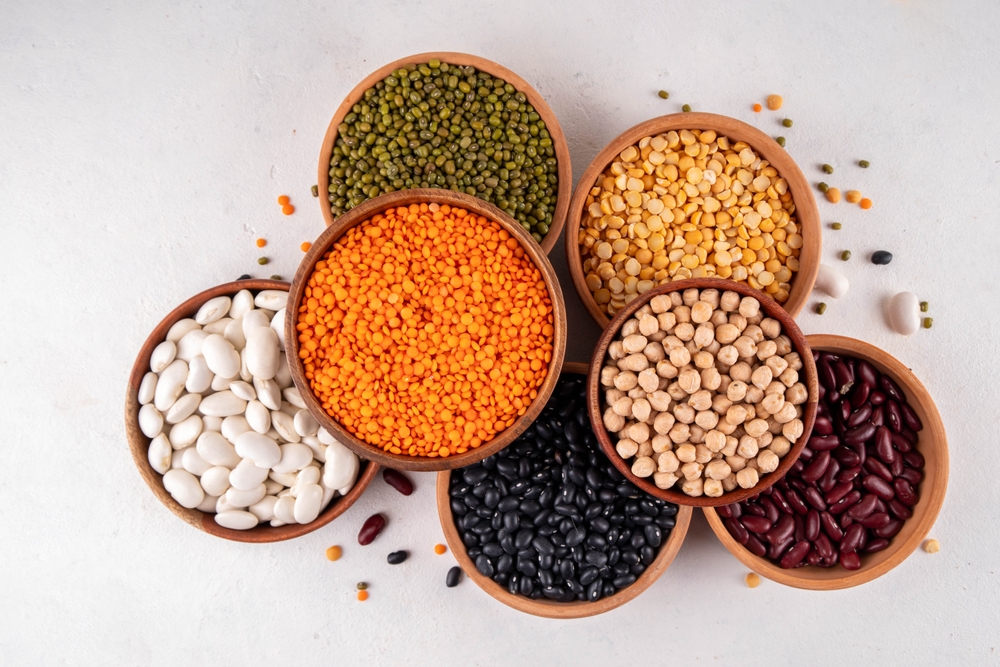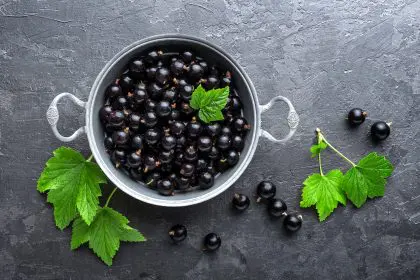The humble legume, once seen as a staple of simple diets, has garnered renewed attention in recent years for its exceptional nutritional profile and impressive health benefits. As research deepens, modern science continues to uncover the vast potential of these versatile foods. From enhanced digestion to supporting sustainable nutrition practices, legumes are proving to be an unsung hero in health and wellness.
Nutritional excellence
Legumes stand out in the world of plant-based foods due to their remarkable nutrient density. Packed with essential proteins, vitamins, and minerals, they provide a robust nutritional profile that rivals many other sources of nutrition. These foods are not only rich in protein, but they also boast a high content of fiber, which plays a crucial role in maintaining digestive health, stabilizing blood sugar levels, and supporting metabolic function. Whether it’s beans, lentils, or peas, legumes are powerful allies for overall well-being.
What truly sets legumes apart, however, is their ability to offer a combination of nutrients typically found only in animal products. In addition to protein, they are rich in iron, magnesium, and folate, crucial for energy production, muscle function, and red blood cell formation. With their nutrient-dense nature, legumes are especially beneficial in vegetarian and vegan diets, where they help provide essential nutrients that might otherwise be harder to obtain.
Preparation science
The benefits of legumes go beyond their inherent nutritional composition; the methods used to prepare them have a significant impact on how well these nutrients are absorbed by the body. One of the oldest and most common preparation techniques is soaking, a practice that has been scientifically validated for its nutrient-enhancing properties. When legumes are soaked, they undergo chemical changes that make them more digestible and boost their nutrient bioavailability.
Soaking legumes isn’t just about making them softer; it triggers complex biochemical processes that help release essential nutrients, including antioxidants, while breaking down compounds like phytic acid, which can hinder the absorption of minerals. In essence, soaking legumes before cooking unlocks their full potential, making the nutrients within more available to the body. This simple yet effective technique improves the nutritional value of legumes significantly, allowing for better digestion and absorption.
Bioavailability enhancement
The ability of legumes to deliver their full nutritional potential lies in understanding how antinutrients, such as lectins and phytates, are reduced during proper preparation. Antinutrients are naturally occurring compounds that can inhibit the absorption of essential nutrients, but when legumes are soaked and cooked properly, these harmful substances are minimized. As a result, legumes become easier on the digestive system and offer higher levels of important nutrients, such as calcium, zinc, and iron.
By employing strategic soaking and cooking techniques, you can maximize the nutritional benefits of legumes while minimizing potential digestive discomforts. For example, soaking beans overnight and changing the water several times ensures that harmful compounds are removed. Slow cooking or boiling legumes is another effective method to enhance nutrient availability. By reducing the antinutrient content, legumes can be fully optimized, ensuring that your body reaps the benefits without the risks.
Culinary applications
Legumes have long been a foundation of many cuisines around the world, from Mediterranean dishes to hearty Indian dals. Their versatility extends beyond traditional recipes, as they can be incorporated into a range of innovative culinary applications. In modern gastronomy, chefs are exploring new ways to use legumes in everything from plant-based burgers to smoothies, soups, and salads.
Beyond their adaptability, legumes are often praised for their ability to absorb the flavors of spices and seasonings, making them a perfect addition to any dish. With growing interest in plant-based eating, legumes have become a centerpiece of sustainable diets, offering a protein-packed alternative to meat. Whether served in soups, stews, or blended into pastes, legumes bring both nutrition and flavor to the table.
Additionally, the growing popularity of legume-based products such as chickpea pasta and lentil chips has opened up new avenues for incorporating these foods into modern diets. Legumes’ ability to seamlessly fit into diverse cuisines while maintaining their nutritional integrity makes them a staple ingredient for the health-conscious cook.
Sustainable nutrition
In an era where sustainability is a growing concern, legumes offer an eco-friendly solution to many of the environmental challenges facing the food industry. Their nitrogen-fixing properties help improve soil health by naturally replenishing the soil with nitrogen, a vital nutrient for plant growth. This sustainable agricultural practice reduces the need for synthetic fertilizers, which can have negative environmental impacts.
In addition to benefiting the soil, legumes are also a low-impact food in terms of water and land usage compared to animal-based protein sources. As the demand for plant-based proteins grows, legumes provide a viable solution to feeding a growing global population while minimizing the ecological footprint of our food choices. By choosing legumes over more resource-intensive foods, individuals can make a significant contribution to sustainable nutrition practices.
Legumes’ role in sustainability extends beyond individual health benefits. As more people seek to make environmentally conscious food choices, legumes represent an excellent option for reducing one’s carbon footprint while maintaining a nutritious and balanced diet. Their ability to support both human health and the environment makes legumes a key player in the future of sustainable eating.
Conclusion
From their nutrient density to their role in sustainable agriculture, legumes offer an array of benefits that make them a cornerstone of modern nutrition. As research continues to validate the value of legumes and traditional preparation methods, it becomes clear that these versatile foods hold untapped potential for improving our health and preserving the planet. Incorporating more legumes into our diets, with proper preparation, is a simple yet effective way to nourish our bodies and support a more sustainable world.
















